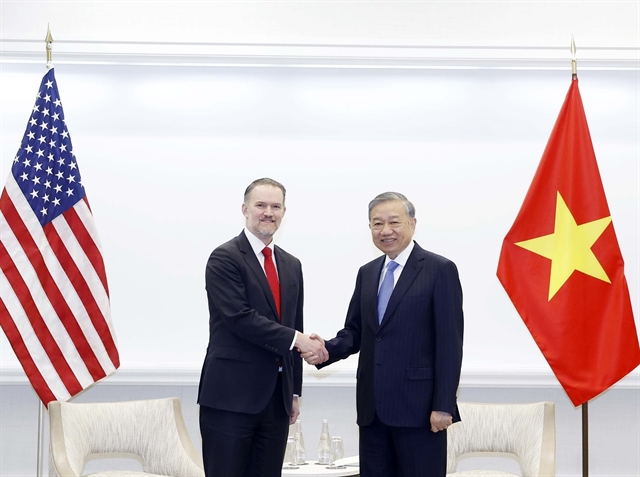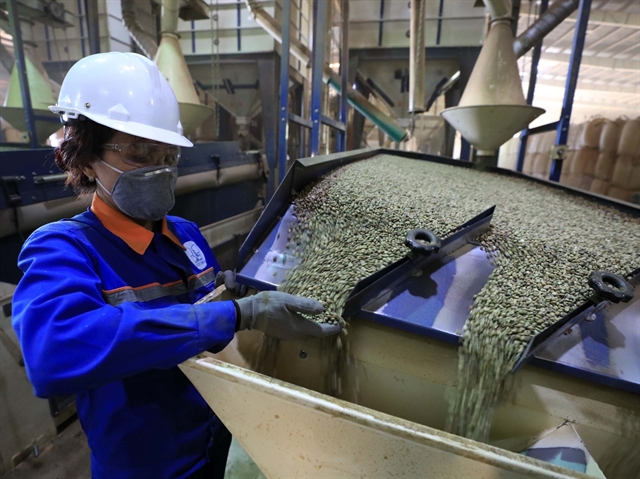 Politics & Law
Politics & Law

 |
| Deputy Prime Minister Trần Hồng Hà chairs the meeting. — VNA/VNS Photo Văn Điệp |
HÀ NỘI — The Government is pushing ahead with major changes to the Law on Construction, aiming to cut red tape, boost decentralisation and better align regulations with other key legislation, Deputy Prime Minister Trần Hồng Hà said while chairing a meeting with ministries, local authorities and experts on Friday.
Deputy Minister of Construction Bùi Xuân Dũng reported that the revisions focus on four priority areas — improving governance in construction investment, simplifying administrative procedures, enhancing decentralisation with clearer accountability, and reserving only overarching principles for the National Assembly while delegating detailed regulations to the Government.
According to the Ministry of Construction, the overhaul seeks to create a more transparent and predictable legal framework that reduces compliance costs, improves the business environment and addresses shortcomings exposed in recent years. It also aims to harmonise the law with wider reforms under way in land, planning and public investment legislation.
At the meeting, officials and experts agreed that coherence with related laws was essential to avoid overlaps and legal loopholes.
Representatives from the Ministry of Justice recommended separating rules for public and private projects while refining provisions on contracts and technical standards to ensure feasibility.
Leaders from Hà Nội and Hải Phòng cities emphasised the need to clarify settlement and finalisation procedures, particularly after administrative boundary changes, and proposed reforms to streamline permitting and appraisal processes.
Meanwhile, the Việt Nam Association of Construction Contractors urged lawmakers to spell out the investor’s authority to adjust contracts, allow the use of foreign norms and price indices, and require investors to provide payment guarantees worth at least 30 per cent of contract value. Such measures, the association argued, would protect both main contractors and subcontractors who often face delayed or incomplete payments.
Concluding the session, Deputy PM Hà said that changes to the Construction Law are urgent to advance decentralisation and modernise local government. He called for project classifications based on technological complexity and safety impacts, not just investment value.
Hà proposed cutting approval procedures by half with a one-stop system while ensuring permits remain a key safeguard for safety and compliance. He also pressed for simpler timelines, reduced overlaps and clearer delegation of authority.
To address gaps in standards and pricing, Hà suggested referencing international norms for major projects such as high-speed rail and airports and allowing foreign consultants when domestic capacity is insufficient.
He urged more flexible management structures, quicker payments tied to contracts and policies that encourage innovation in sustainable and digital building practices.
“The law must create favourable conditions for localities, ensure accountability and open space for innovation,” Hà said. — VNS


.jpg)

